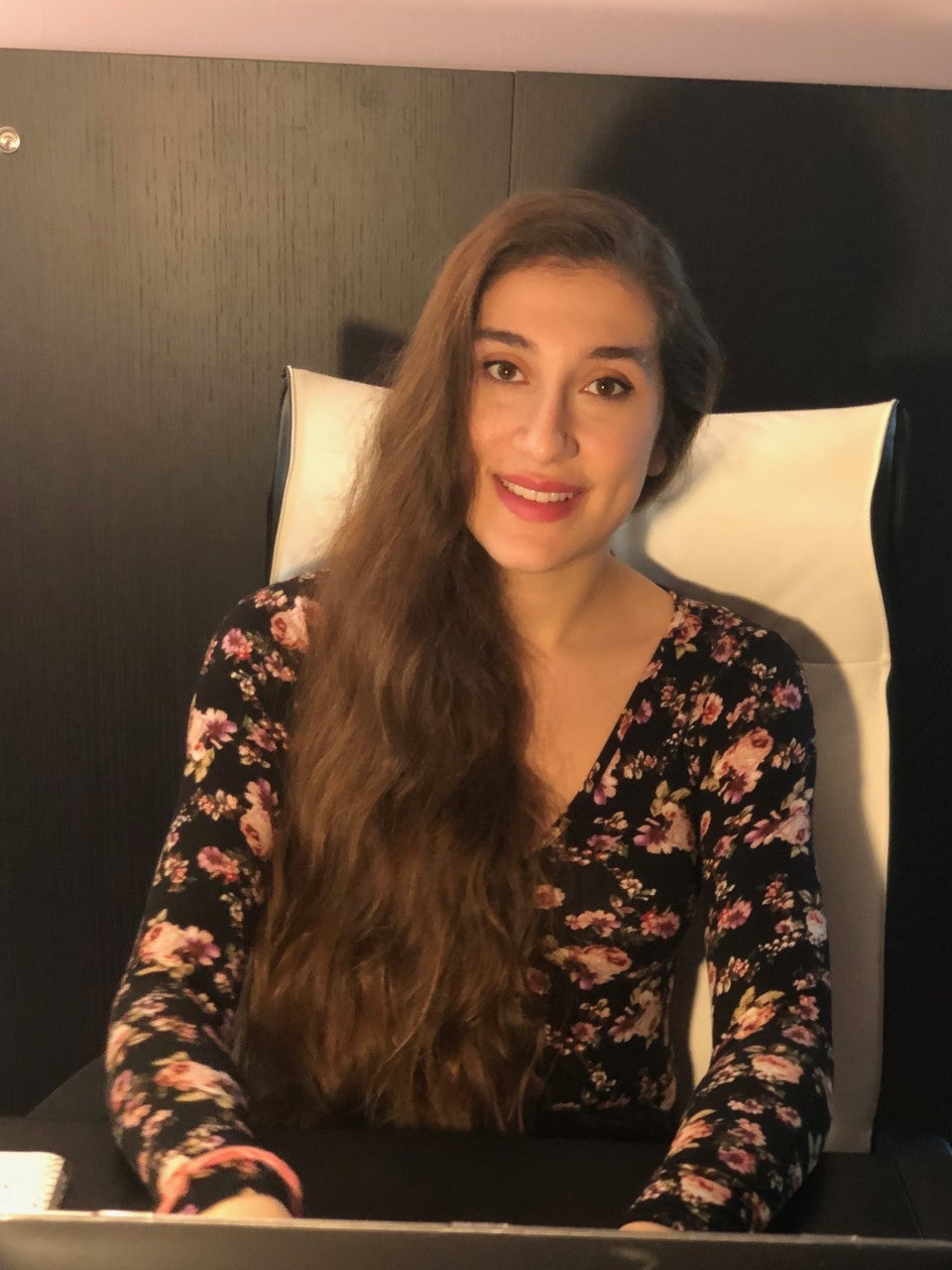by Hon. John C. Cratsley (Ret.)

Gaia Mattiace J.D.’21
As 24 students in the Judicial Process in Trial Courts Clinic switched to remote work, several found themselves directly engaged with COVID-19 issues. Three students working in the U.S District Court participated by teleconference and did legal research as their judges heard arguments for conditional release of prisoners and ICE detainees due to the threat of illness in their places of confinement.
“One of the clinic’s themes or focuses was on innovative ways in which the judiciary has dealt with novel legal problems,” said Gaia Mattiace J.D.’21, one of the three students to conduct work regarding compassionate release. “It was definitely interesting to see how those innovations translated from routine or more pervasive problems to an emergency situation such as this one. More generally, all of the skills that the clinic helped us develop—from honing our legal research and writing and learning good lawyering, to understanding the intricacies of judicial decision making—are crucial to providing legal assistance during this time, or a crisis situation such as this one.”
Alex Kontopoulos J.D.’20 spent hours of research and drafted a memo on the question of whether remote hearings, by phone or video, adversely impacted a criminal defendant’s right to be present at all stages of trial proceedings. He noted that the biggest adaptations he and the clinic made were shifts towards pandemic related work and relying on phone and email communication.
“I enjoyed the opportunity to provide urgent legal services during the pandemic. I had the opportunity to write draft opinions earlier in the semester, so my clinical experience had prepared me to work on an issue with such a tangible impact on people’s rights” he said.
A third clinic student tackled the timely question of whether in the coronavirus pandemic Lyft drivers, usually classified by the company as independent contractors, would likely suffer irreparable harm for purposes of unemployment eligibility without a preliminary injunction enjoining Lyft from classifying them as such.
While video and teleconferencing have become common practice in the Massachusetts trial courts, clinic students finished the semester providing their judges with needed legal research and writing not only on these COVID-19 issues but also on the usual variety of pending civil and criminal matters awaiting decisions.
Filed in: Clinical Voices, Uncategorized OCP
Tags: Alex Kontopoulos, COVID-19, Gaia Mattiace, Judge John C. Cratsley (Ret.), Judicial Process Clinic
Contact Office of Clinical and Pro Bono Programs
Website:
hls.harvard.edu/clinics
Email:
clinical@law.harvard.edu